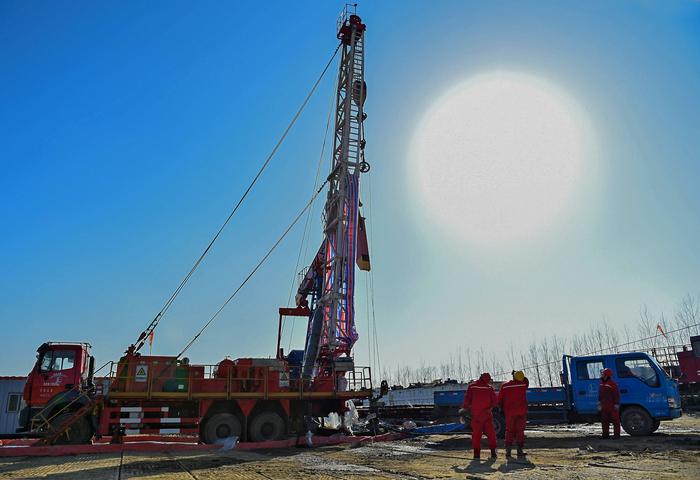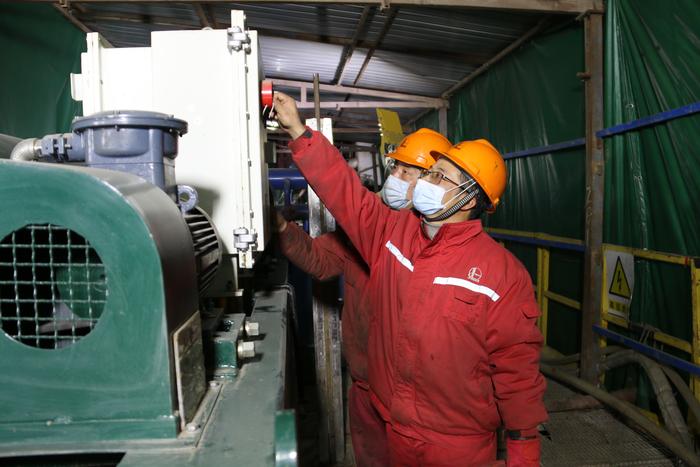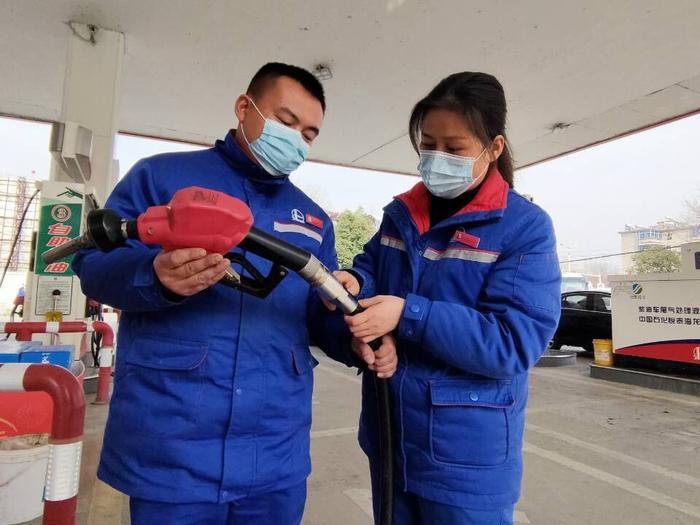|
| 2021-01-28 来源: 中国石化新闻网 |
| 石化新闻 |
中国石化新闻网讯 据世界石油网站1月25日报道 道达尔在石油超级巨头之间实现净零碳排放的竞争中起步最快。 欧洲三大石油和天然气公司道达尔、BP和荷兰皇家壳牌去年都宣布了计划,在未来几十年内,它们将在运营和销售的燃料中消除大部分温室气体排放。其标志着该地区石油工业的一个转折点,并加剧了与尚未做出此类承诺的美国主要石油公司的分歧。 虽然这家法国公司是最后一家宣布这一转变的公司,但自那以后,其已经覆盖了大部分地区。根据彭博社收集的数据,道达尔通过收购印度可再生能源公司阿达尼绿色能源等25亿美元的交易,获得了其投资组合中最具可再生能源价值的电力,在运营、建设或开发方面约为8.8吉瓦。 彭博社情报分析师威尔 哈尔斯表示:“在石油巨头中,道达尔在为能源转型做准备方面相对较早。它拥有所有石油巨头中安装或开发的可再生能源发电能力最多,以及最雄心勃勃的产能增长目标。” 在彭博社的排名中,这家法国公司的碳转化总分也是所有综合性石油公司中最高的。道达尔的评分为9.33分(满分为10分),BP为8.4分,壳牌为6.6分。 BP是上述三家公司中第一家在2020年2月提出净零目标的公司,该公司与Equinor ASA达成了价值11亿美元的交易,收购了正在开发的2.2吉瓦海上风电。这家总部位于伦敦的公司还通过2017年成立的Lightsource BP建立了一个16吉瓦的太阳能项目组合。 壳牌是三家公司中唯一一家自今年4月宣布净零排放目标以来没有达成数十亿美元清洁能源协议的公司。这家英荷合资公司的投资规模较小,从加州的加氢基础设施到加拿大的一家废物转化燃料工厂。 这三家公司都宣布了许多规模较小的交易,但都没有透露具体价值,从电动汽车充电网络到沼气生产商。 一些投资者对大量用于清洁能源产能的前期支出承诺表示怀疑,他们担心可再生能源的回报率无法与石油和天然气项目相比。就连道达尔自己的首席执行官帕特里克·普亚恩表示,如果有太多的资金追逐太少的低碳项目,可再生能源就会出现“泡沫”。 王磊 摘译自 世界石油 原文如下: Total leads Europe’s oil majors in clean energy push Total has had the fastest start in the race between oil supermajors to achieve net-zero carbon emissions. Europe’s three largest oil and gas companies -- Total, BP and Royal Dutch Shell -- all announced plans last year to eliminate most greenhouse gas emissions from their operations and the fuels they sell in the coming decades. It marked a turning point for the petroleum industry in the region, and heightened its divergence from U.S. majors that have yet to make such pledges. While the French company was the last one to announce the shift, it has since covered the most ground. Total has acquired the most renewable electricity for its portfolio -- about 8.8 gigawatts in operation, construction or development -- through acquisitions such as its $2.5 billion deal with Indian renewable firm Adani Green Energy Ltd., according to data compiled by Bloomberg. “Total has been a relative early mover among oil majors in preparing for the energy transition,” said Bloomberg Intelligence analyst Will Hares. “It holds the most renewable-power capacity installed or in development of any oil major, and the most ambitious capacity-growth targets.” The French company also has the highest overall Carbon Transition Score of any integrated oil company in Bloomberg Intelligence’s rankings. Total has a rating of 9.33 out of 10, compared with 8.4 for BP and 6.6 for Shell. BP, which was the first of the three companies to offer a net-zero target in February 2020, has bought into 2.2 gigawatts of offshore wind power in development in a $1.1 billion deal with Equinor ASA. The London-based company also has an established 16-gigawatt portfolio of solar projects in operation or development through the Lightsource BP, which was formed in 2017. Shell is the only member of the trio not to have made a multibillion-dollar clean-energy deal since announcing its net-zero target in April. The Anglo-Dutch company has made smaller investments from hydrogen refueling infrastructure in California to a waste-to-fuels plant in Canada. All three companies have announced numerous smaller deals for which they didn’t disclose a value, ranging from electric car charging networks to producers of biogas. Pledges for lots of upfront spending on clean energy capacity has been met with skepticism by some investors, who worry that returns from renewables won’t match those of oil and gas projects do. Even Total’s own Chief Executive Officer Patrick Pouyanne warned of a “bubble” in renewables if there is too much money chasing too few low-carbon projects. |








